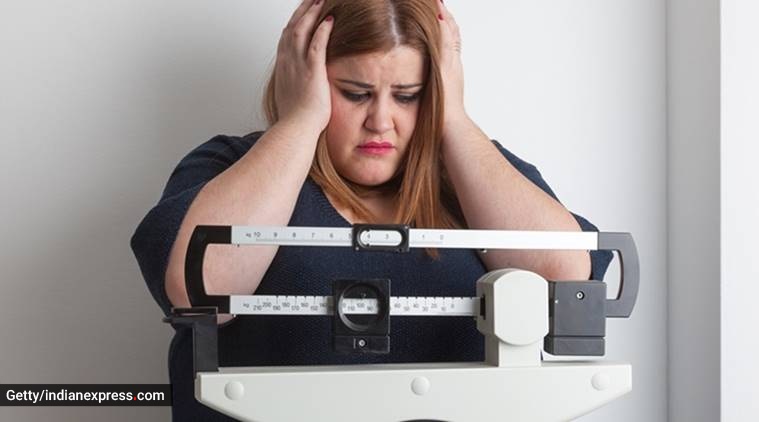amiodarone dose adjustment in renal failure
Dr Madhuri Roy, gynaecologist and IVF consultant, founder, and managing director of Conceive IVF, Pune says, “Alcohol consumption leads to reduced seminal quality, noroxin for giardia low testosterone levels, decrease in semen volume and sperm count"

Infertility has become a growing concern in a large number of women and men, say experts. They add that many lifestyle factors including obesity, smoking, alcohol, stress, faulty eating habits, certain medications, drug abuse, strenuous exercise, and caffeine consumption are contributing to it.
Even conditions like polycystic ovarian syndrome (PCOS), endometriosis, premature ovarian failure, congenital problems related to hormones like luteinising hormone (LH)/follicle-stimulating hormone (FSH), or problems in organs such as uterus, tubes, and ovaries can cause early onset of infertility.
What is infertility?
Infertility is when a couple fails to achieve pregnancy after a year of having intercourse without protection. Dr Karishma Dafle, fertility consultant, Nova IVF Fertility, Pune, says that couples need to be cautious regarding obesity as it has been linked to lower sperm count and quality in men, while many obese women are diagnosed with PCOS, that causes infertility.

“Being overweight causes ovarian dysfunction and infertility in women. Strenuous physical activities and taking various medications will lower sperm count in men. First or second-hand smoke negatively impacts the reproductive process of men and women. Cadmium and nicotine toxins in tobacco reduce sperm quality and egg production (including AMH levels). Women who smoke may experience early menopause, miscarriages, and birth defects, while in men, there are increased sperm DNA damage leading to low pregnancy rates. Smoking also reduces a woman’s ovarian reserve and damages the cilia inside the fallopian tube (which is vital for transporting the egg and/or embryo along the fallopian tube into the uterus). Prolonged usage of contraceptives may cause permanent infertility in women, and caffeine impacts sperm count,” mentions Dr Dafle.
Alcohol consumption has also been linked to the condition.
Dr Madhuri Roy, gynaecologist and IVF consultant, founder, and managing director of Conceive IVF, Pune says, “Alcohol consumption leads to reduced seminal quality, low testosterone levels, decrease in semen volume and sperm count. In women, it causes hormonal imbalance, irregular ovulation, or early menopause. Planning a child at a later stage after 35, late working hours, endometriosis and premature ovarian failure also reduce fertility.”
Dr Roy also points out how “hypertension can change the shape of the sperm”. “Stress and anxiety impact hormone levels and menstrual cycles. The release of stress hormone, cortisol, causes physiological changes that affect the reproductive health and the hypothalamic-pituitary-gonadal axis, which controls the reproductive system. Poor eating habits can be harmful to both eggs and sperm,” she mentioned.
Some immediate lifestyle tweaks
Dr Roy adds how 20-30 per cent of cases of infertility in couples are due to poor lifestyle choices. “Avoid junk food and switch from trans fats like margarine and hydrogenated vegetable oils to unsaturated fats like oily fish and nuts. Those taking certain medications need to consult a doctor regarding their impact on fertility,” she mentioned.
For more lifestyle news, follow us: Twitter: lifestyle_ie | Facebook: IE Lifestyle | Instagram: ie_lifestyle
Source: Read Full Article
